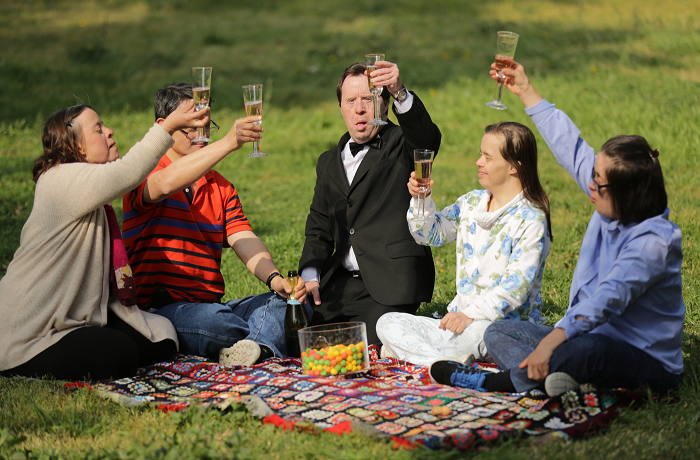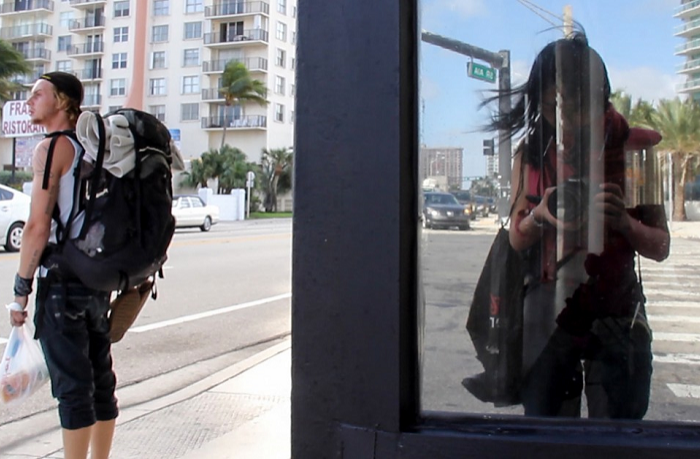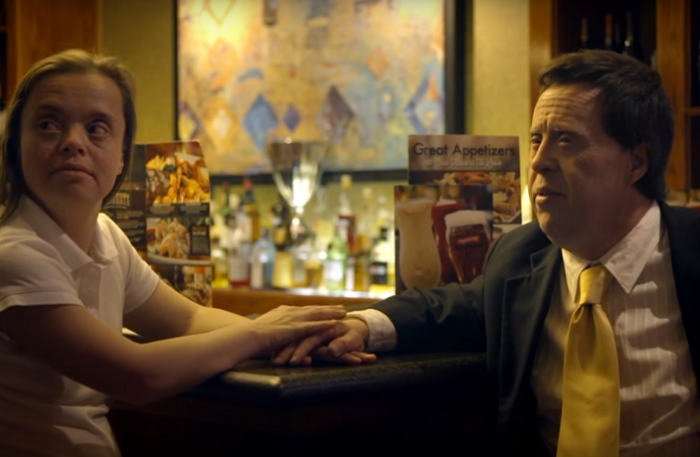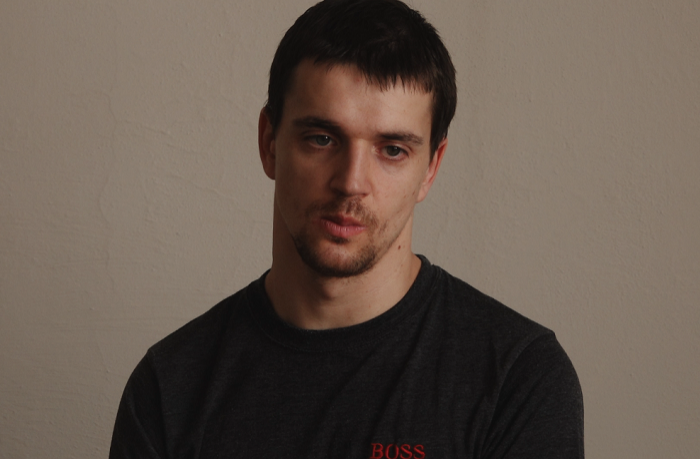
This year’s Equality Syndrome programme includes three films in which directors try to reject the old tropes and create new aesthetic entities: rather than to represent the vulnerability and defenselessness of people with disabilities in contemporary societies, they try to demonstrate the nonsensical and prejudiced nature of social attitudes and certain laws. So while in her film The Grown-Ups the Chilean director Maite Alberdi focuses on the doubtfulness of the insurmountable barriers between people with Down syndrome and the society which the state deems ‘normal,’ in the other two films – Michail and Daniel by Andrei Zagdansky and I’m Another You by Nanfu Wang – these boundaries basically become transparent.
It is worth mentioning that historically, certain clichés in the representation of disability in cinema have been quoted over and over and transferred from one period to another. For example, in Soviet cinema the norms of social behavior were closely connected to the policy of stimulating work activities for decades, playing an important role not only in improving work discipline, but also in motivating labour productivity. ‘Normal’ equalled ‘able to work.’ It is in this period that the word ‘invalid’ became firmly entrenched in the Soviet discourse as ‘sick, unable to work.’ So these people were pushed to the periphery, outside ‘social acceptability’ – including in cinema – because such characters simply did not fit in the former Soviet cultural and political project, with its characteristic rhetoric of war and labour.

However, the almost diary-like film by the Chinese director Nanfu Wang demonstrates that this pragmatic principle of marginalising ‘different’ people as those who cannot work still applies. I’m Another You starts as a story of an immigrant in the United States, who meets an almost equal ‘stranger’ in the society – Dylan, a young homeless man. His way of life is the complete opposite of everything that symbolises success and wealth in America, the success and wealth which the director herself strove for when she left China. Living with Dylan in the streets, sleeping outside and doing gigs for pennies, Wang gradually discovers her new friend’s story: it turns out he became homeless voluntarily. His big family, house and wealth were left behind – the young man became a master of the streets at his own will. However, there is a deeper reason behind the romanticism of free wandering than simple teenage protest. In time, the director learns about her protagonist’s health problem, because of which society deprives people like Dylan of their legal capacity, and with it the right to a full, independent life, work and family. So, strange as it may seem, a voluntary step towards living in the periphery of social becomes the struggle for his own right to be ‘normal.’ At the same time, one of the director’s central gestures is that Wang’s camera records not so much a story of an escape from victimisation as a liberation from the discourse of power, from social limits and fears.

The United Nations labelled 1981 the Year of Disabled Persons, and the period between 1983 and 1992 the Decade of Disabled Persons. However, even today we sometimes lack both the practical and legal certainty that people with disabilities should have the same rights as healthy people and have access to the same resources. This concerns not only the inaccessibility of public transit and buildings for people in wheelchairs or employers’ unwillingness to hire disabled people. Sometimes ordinary human callousness allows social exclusion to flourish at all levels of social life. The best example of this can be found in the film The Grown-Ups. Its protagonists attend a special school for people with Down syndrome. Here, they are taught how to cook and manage their finances, and told about sexual life. It resembles the special courses of basic daily skills for high schoolers who are about to leave their parents’ nests. The film’s protagonists are even paid a ‘stipend,’ a compensation for their work at the institution’s kitchen. However, it all resembles a hypocritical theatre, in which the protagonists, who are mostly around 40 years old, are the audience. Because as soon as a student of the institution takes the science of independent life which they have been taught too seriously, they will face the iron fence of social bias: the state does not recognise these people’s rights to form families, and they would need to save up the ridiculous wages they receive for their full-time work for about a decade just to afford rent for at least a month. Maite Alberdi’s camera films the absurdity and cruelty of these limits.

Criticism of these injustices continues to be articulated, in art in particular. In the case of the protagonists of Andrei Zagdansky’s film Michail and Daniel, this criticism can hardly be called protest – rather, it’s living proof of the absurdity of discrimination against people with disabilities. Michail and Daniel are father and son. They live in different Czech cities, but they see each other very often and work in the same field: both men are artists. Michail is a famous painter, he has frequent exhibitions. Daniel creates jewellery and souvenirs, patiently elaborating the details – the young man has cerebral palsy. However, his illness recalls itself only in its physical manifestations and in the lack of live communication, which Daniel makes up for in his Prague apartment behind a huge computer screen, scrolling through social media feeds. Or trying to give flowers and start a conversation with a visitor to his father’s exhibition, who tries to get rid both of the bouquet and the man’s company as soon as possible. Who defines ‘normality’ and ‘abnormality’?
Asia Shulgina